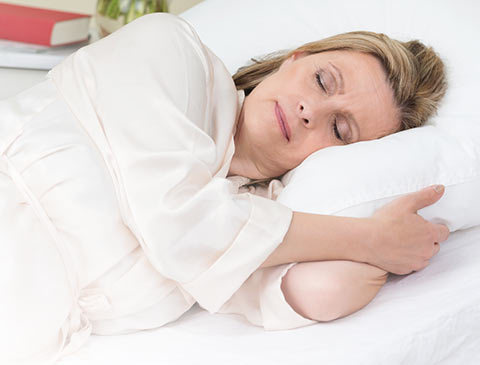Insomnia is a sleep problem by which folks are can not fall asleep or stay asleep. Most Australians experience insomnia at some point in their lives, leading to 1 in 10 individuals have at least mild insomnia at any moment. It’s more widespread ladies and seniors.

Insomnia may include:
difficulty getting to sleep
getting out of bed during the night and achieving trouble returning to sleep
waking up too early
Sometimes people experience seventy one.
Some people experience insomnia for any small amount of time, for example if they are worried or stressed. But sometimes insomnia is chronic (called chronic insomnia disorder), meaning individuals have trouble falling or staying asleep for at least Three months, along with being impaired during the day.
Which are the signs and symptoms of insomnia?
People experience insomnia differently. A number of the the signs of insomnia are:
having trouble sleeping
waking a good deal when asleep
awakening too early and not being able to get back on sleep
not feeling refreshed if you wake
Insomnia can lead to the next symptoms in the daytime:
tension headaches
feeling tired or being too sleepy to do normal activities
difficulty in remembering things and concentration
being concerned about sleeping
feeling irritable or moody
being hyperactive, aggressive or impulsive
losing curiosity about doing things
reduced energy and motivation
feeling sleepy when sitting quietly
What causes insomnia?
Sometimes there is absolutely no underlying grounds for insomnia. This is whats called primary insomnia.
Sometimes there is an underlying cause for instance a general health condition, anxiety, depression or sleep disorder. This is called secondary insomnia.
Insomnia could possibly be deteriorated by:
poor sleep habits (sleep hygiene)
substances including caffeine, nicotine, alcohol, amphetamines and a few prescription medicines
stress, due to work or financial problems, relationship issues or grief
medical concerns, particularly conditions causing pain, hormone changes (e.g. hot flushes and sweating at night during menopause), and breathing, urinary or stomach ache
mental health issues – insomnia is usually a symptom of anxiety, depression or other disorders
sleep problems, including obstructive sleep apnoea, circadian rhythm disorders due to irregular sleep patterns, restless legs syndrome and periodic limb movement
life stage – older people are more inclined to have insomnia
shift work – people that work different shifts often usually do not sleep along with those who work set hours during the day
When should I see my doctor?
This is a wise decision to talk to your doctor if you’re having trouble sleeping otherwise you have difficulty with your mood, feeling restless during sex, snoring badly or waking up not feeling refreshed. Keeping a sleep diary is an excellent approach to track symptoms, which you’ll tell your overall health professional.
We apply CBT-I to resolve your insomnia problems quickly. Do you feel tired due to insomnia? Do you hate planning to work? Sometimes you may feel anxious within your relationships? Get the life in 6 sessions, and without chemistry. We greet you online, in the ease your cocoon, including on weekends for your outings. CBT-I (CBT-I), Cognitive-Behavioral Therapy for Insomnia, is surely an advanced scientific method with demonstrated effectiveness within a popular.
State-licensed psychologist (France), university degree in neuropsychology, certified hypnotist (France), Ecole Normale Superieure d’Ulm graduate, Columbia University visiting student.
To learn more about insomnia clinic you can check our site
